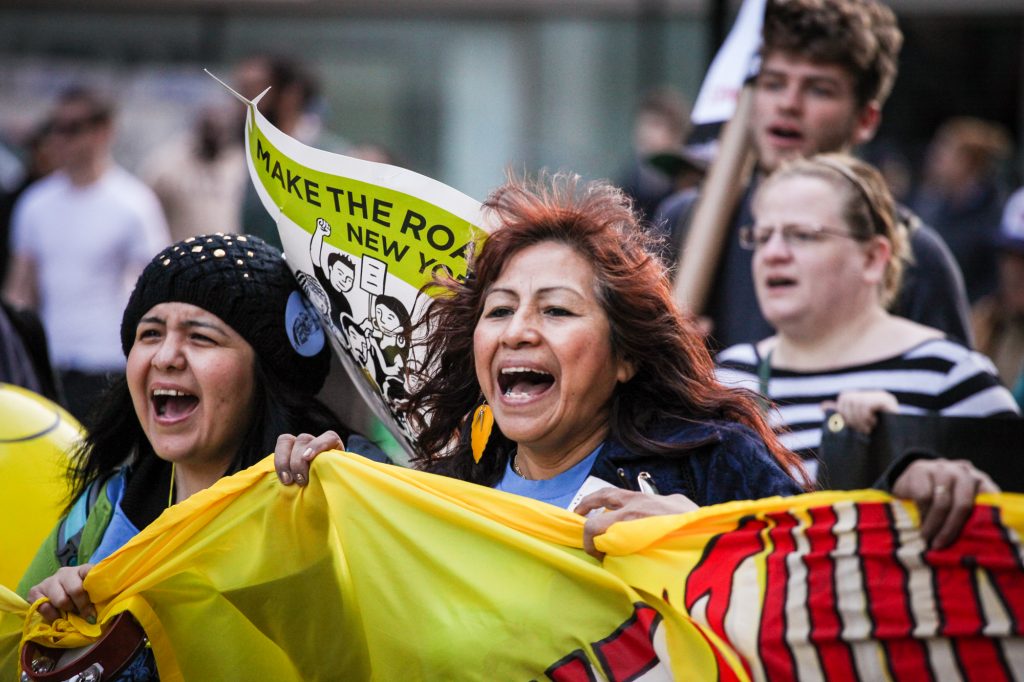Strikes are a powerful tool to make changes in the workplace. A strike occurs when a group of workers withhold their labor to get their employer to make changes or improvements in their working conditions. Federal law protects most private sector workers’ right to strike, but it has also created complex rules around what strike activities are protected and when strikes can occur. State law determines whether or not public sector workers have a legally protected right to strike.
Some of the strikes described below may be protected depending on the circumstances and nature of the strike activity and some of the strikes described below are not at all protected. If you and your co-workers plan to organize a strike, make sure you have all the information you need to determine whether your activity will be protected.
ECONOMIC STRIKE
- A work stoppage by employees seeking such economic benefits as fair wages.
- Workers can be permanently replaced during an economic strike.
UNFAIR LABOR PRACTICE (ULP) STRIKE
- A work stoppage by employees seeking an end to unfair labor practices in the workplace. An unfair labor practice is when an employer violates federal labor law. For example, it is an unfair labor practice for an employer to discriminate against workers who are organizing a union.
- Workers cannot be permanently replaced during a ULP strike.
SYMPATHY STRIKE
- When members with one union strike in solidarity and sympathy with members of another union who are on strike. A common example of a sympathy strike is when delivery drivers refuse to make deliveries to a store or other location where workers are on strike.
SAFETY STRIKE
- Work stoppage by workers in response to abnormally dangerous working conditions. Requires that workers return to work once their employer has removed or resolved the dangerous working conditions.
- Workers who engage in a lawful safety strike cannot be permanently replaced.
SLOWDOWN
- When workers intentionally reduce productivity, disrupt, or even intermittently stop work altogether.
- While slowdowns can serve as a form of protest, they are usually illegal because they prevent employers from being able to plan for workforce production, thus giving employees an unfair bargaining advantage. Workers may be disciplined or fired for engaging in a slowdown.
SITDOWN STRIKE
- When employees stop working and refuse to leave their employer’s premises. Under most circumstances, this work action is illegal and workers may be disciplined or fired.
WALKOUT
- Another name for a strike. It is when workers withhold their labor and as a group and stop working at the same time or “walk off” the job
